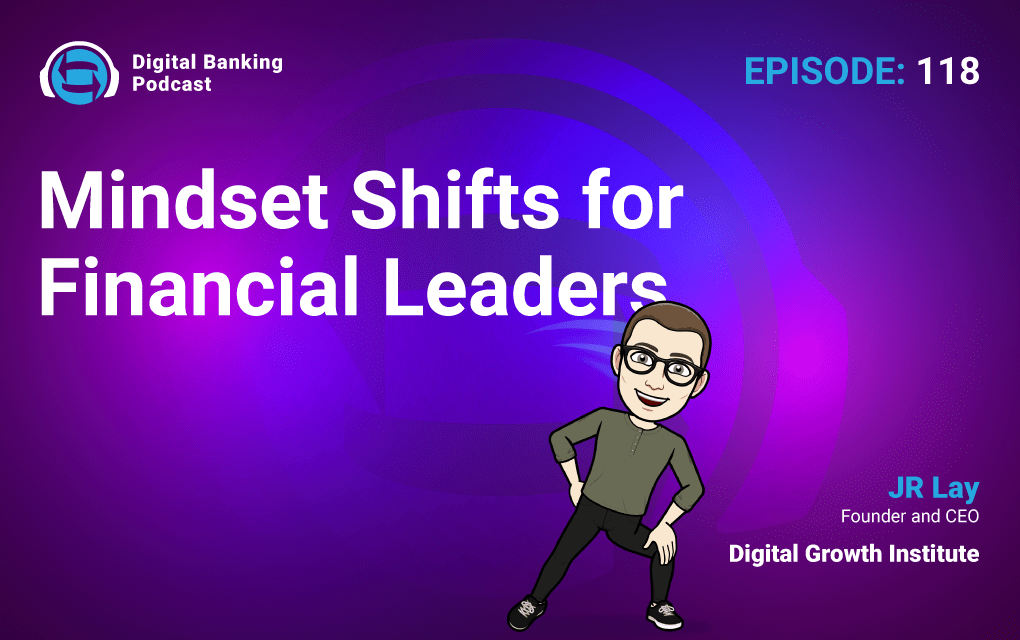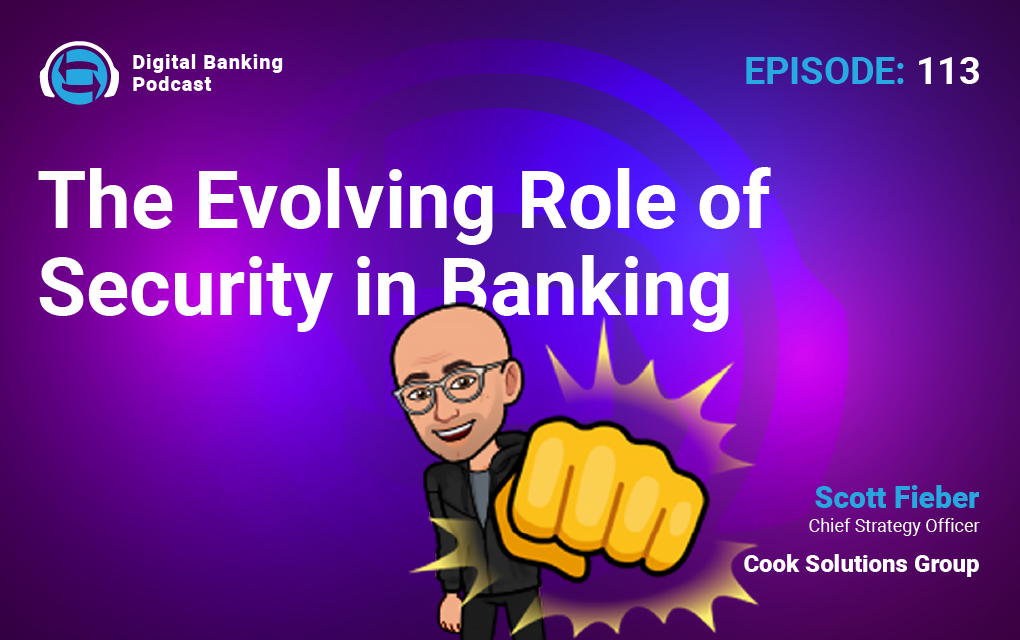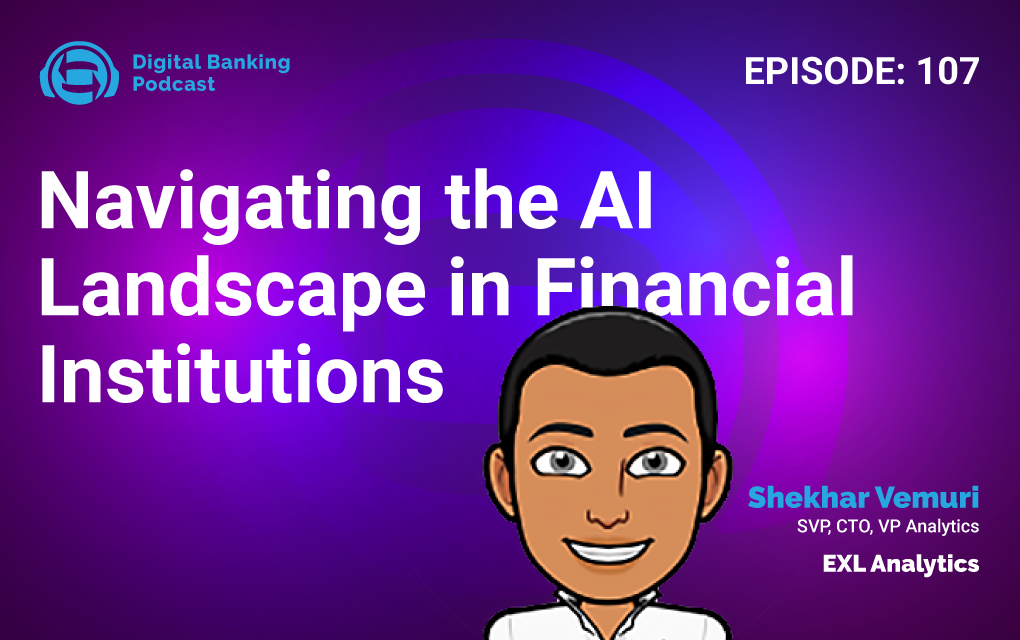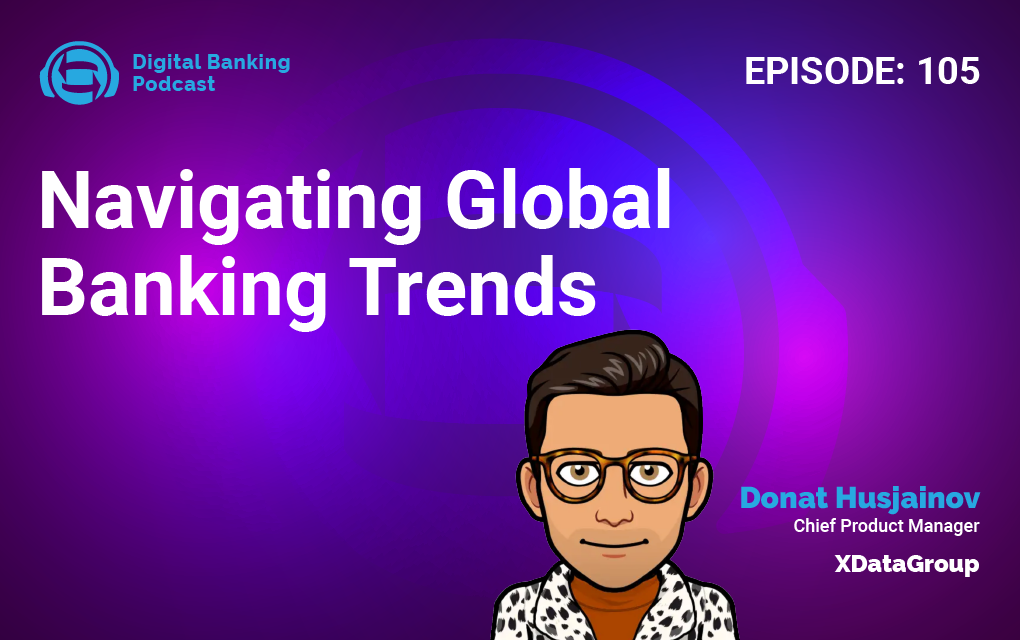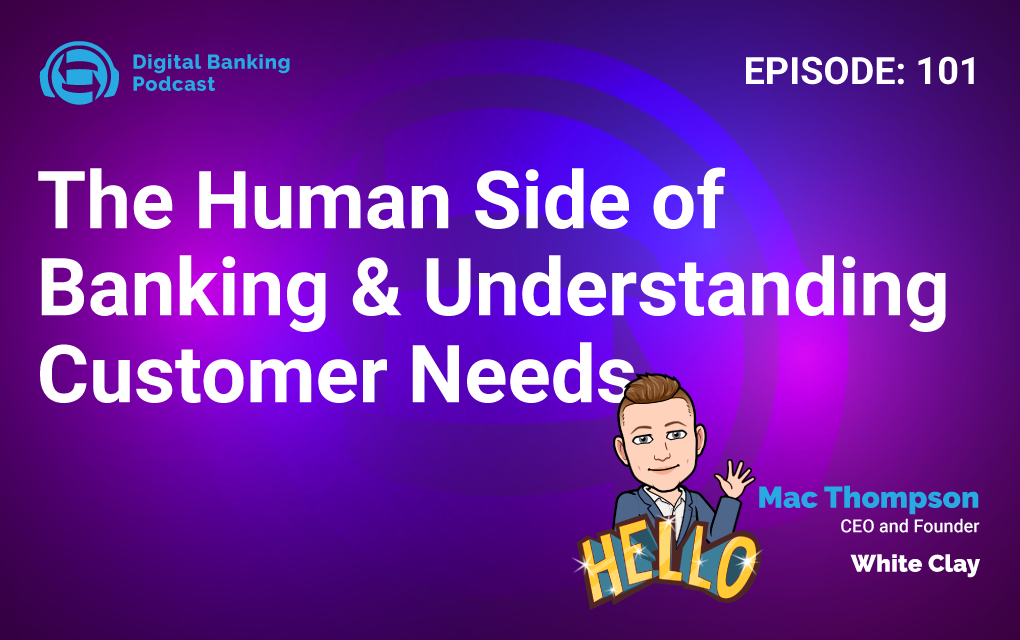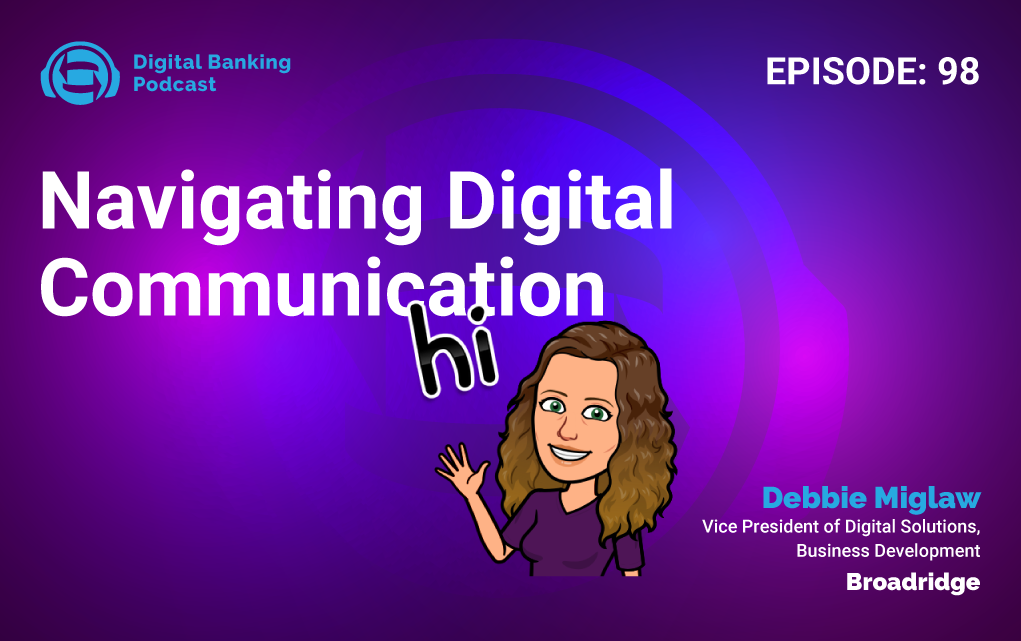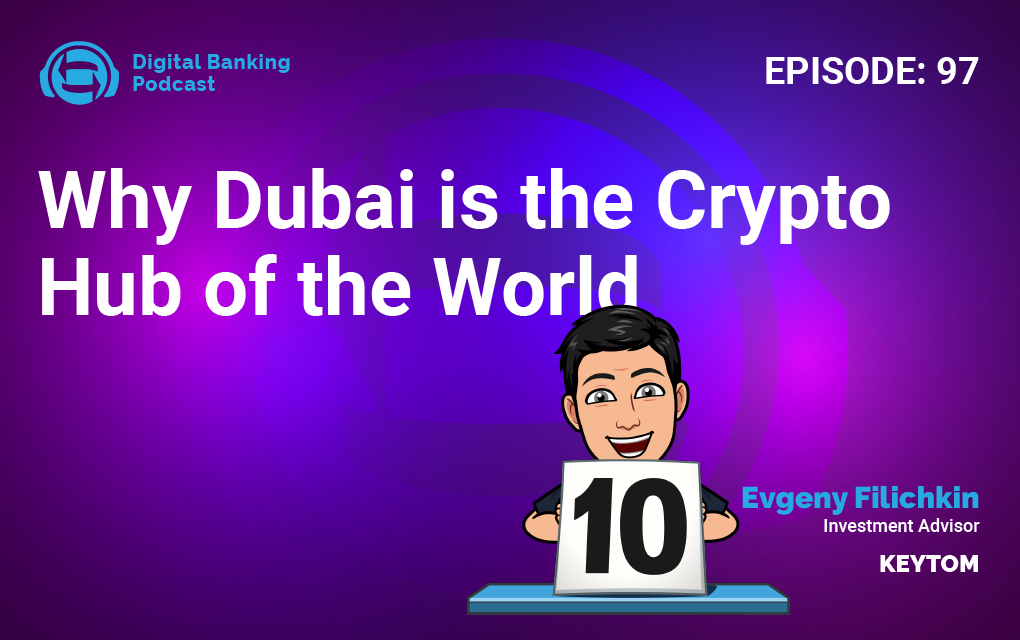The People Side of Banking, With Kareem Refaay of The London Institute of Banking & Finance
LISTEN NOW
“Let’s solve our problems plus make sure that we have a great heritage to leave to the future generations. That’s why we are very concerned as an institute about sustainability and the future of our planet, because we should leave something for our kids.”
Episode Summary
It’s easy to think of banking as a numbers industry. After all, that’s what a dollar is: a numerical representation of buying power. However, as our guest in this episode of The Digital Banking Podcast made clear, banking is really a people industry. It’s people working at financial institutions helping the people who bank there to better their financial lives.
In this episode of The Digital Banking Podcast, host Josh DeTar welcomed Kareem Refaay, the managing director of The London Institute of Banking & Finance. Refaay explored the similarities and differences between banking and finance in Europe and the U.S. He and DeTar discussed digital transformation, financial inclusion, and why problems with managing money should be defined as a disease.
Key Insights
⚡ Balance the business side with the people side.
Refaay is the liaison in the banking industry between the business side of the house and the human side. According to Refaay, education is much more important than growing a business. “When you make a difference in anyone’s life, you will sleep tight at night,” he said. “It’s very important to me that you can make a mindset change. You can improve a process. You can improve a business. You can change someone’s life through education that would last forever.”
⚡ Being good at something doesn’t make you the best.
Based on his global banking and finance experience, Refaay knows firsthand that consumer banking and finance are often far more advanced in other countries than in the U.S. “There is no one-size-fits-all when it comes to the way you innovate and move forward. In the US, we’re talking about 350+ million people … Let’s talk about infrastructure and accessibility of technology and high-speed internet and all these things,” said Refaay. “Versus, talking about Japan, a hundred million people, but due to the dynamics and geographics of Japan, it’s easier for them to have more technology infrastructure and facilities. So I can do something on a consumer level in Japan better than in the U.S. because there are a lot of consumers in the U.S. out of coverage; they need the classic start.”
⚡ What is financial inclusion?
There are millions of unbanked and under-banked people globally. And while much effort is being expended to address this issue – especially by community financial institutions, Refaay stressed that mere access to services and technology isn’t enough. “A lot of people define financial inclusion like accessibility and the ability to transact with a financial institution. It’s not financial inclusion,” insisted Refaay. “Financial inclusion is when people are able to understand what money is, how to save, how to invest, and how they can keep the time value of money and use it in the most effective way … Education with accessibility is a very important and integral part of financial inclusion.”
About The Guest

Refaay is an experienced human resources leader within the banking industry. He is skilled in business planning, sales, training delivery, management, and business relationship management. He got an MBA in business administration and management, strategic management from the University of Atlanta. Today, Refaay is the managing director of The London Institute of Banking & Finance where he is responsible for the company’s professional education activities in the Middle East and North Africa (MENA) and the Persian Gulf region.


